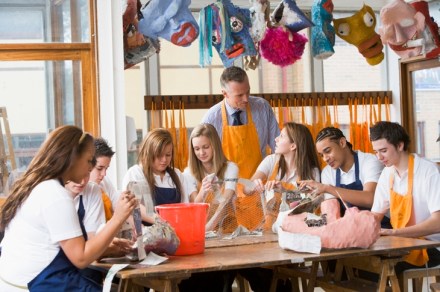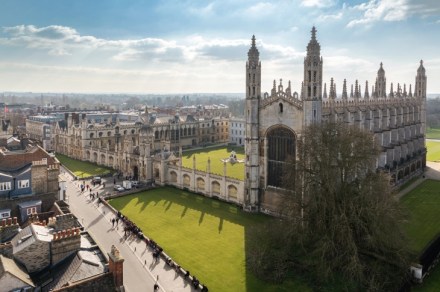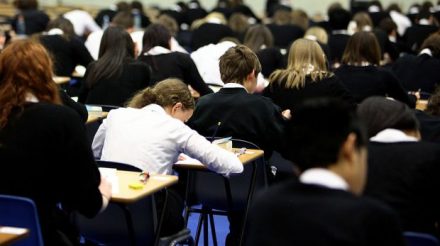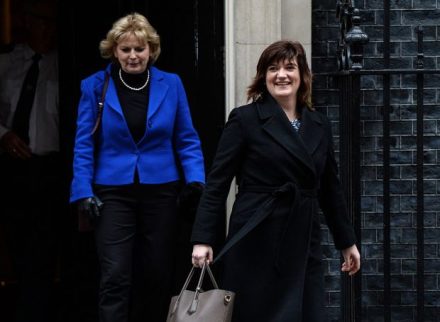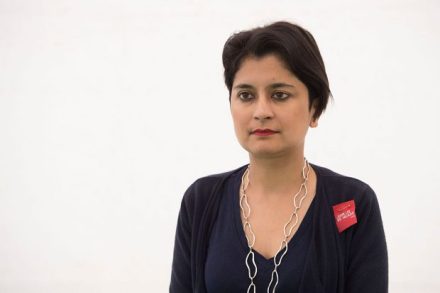The real gender gap is not about women’s pay but boys’ lack of attainment
For a body supposedly committed to eliminating inequality between the sexes, the Women and Equalities Select Committee don’t exactly lead from the front. Only three of the 11 members are men. To some, this will be a welcome corrective to the still male-dominated House of Commons. To others (such as Philip Davies, one of the three male members), it is a sign of how, in Westminster, the cause of equality is narrowly focused on the interests of white professional women. There is not a single ethnic minority representative on the committee. This week, committee chair Maria Miller announced her ‘deep disappointment’ that the government has not adopted their proposals on




